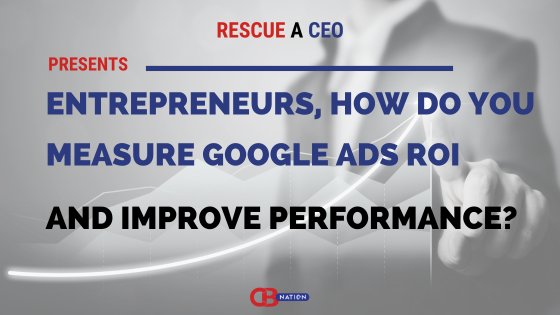As you begin planning your business, selecting a potential business partner is one of your most important considerations. In our experience, the marriage metaphor is the best way to describe what we’ve experienced in our own business ventures.
When you’re starting a business, sometimes someone will come along who shares your passion and wants to be involved in the business. This is an exciting time, as everyone is passionate and shares the same goal. This is the initial dating phase, where you can see no flaws in each other or in the business. The passion is overflowing and the energy can be red-hot! It’s all you can talk about and all you can think about.
The romantic stage is next. The passion is still there, but it is not the dominating aspect of the relationship. Romance surpasses passion, and the depth of the relationship grows. This tends to be where you start to see some flaws, but you overlook them. While you still believe in the potential business venture, the weakness and threats of the business start to get a little clearer. You know the relationship is not perfect, but you rationalize and believe that the differences are really not that important.
The next phase is the adjustment stage. The flaws and differences become troublesome and you realize they must be addressed in order for the relationship to survive and grow. Maybe it is the marketing plan, individual responsibilities, and exit strategy that are where the differences lie, or maybe it is the social media and website plan. We realize that while the long-term potential is really there, it’s time to reconcile individual expectations and differences.
Finally, the marriage occurs. It is time to file the paperwork and solidify the relationship. This is an exciting time and sometimes the passion spikes, again, because you realize you are finally doing it. Your business is becoming a reality.
Somewhere after the marriage, the business becomes like your baby. Employees are your family. You’re living, eating, and sleeping your business and every new relationship you make involves the business. As partners, there is a constant need to apply effort to preventing communication breakdowns, following through on “how we said we would do things,” deciding which of the new relationships you want to maintain, etc.
Somewhere in this process, the relationship gels and you begin to operate like a well-oiled machine. You settle in and you pretty much know where each other will stand on them before they are even discussed. The danger here is complacency, and this is the root of all decay. A business partnership, just like a marriage, must be nurtured and must continue to grow.
Finally, there are two general rules to use to make sure business partnerships grow and don’t deteriorate into the ultimate divorce. These are simple rules, but they must be followed.
- Get everything in writing. No matter how much you trust the person, get it in writing. Document everything so there can be no misunderstanding.
- Choose your partners carefully. Our general rule is to never partner with someone who doesn’t have as much to lose as you do. In other words, you and your partner should be equals in terms of finances, reputation and opportunity. In analyzing our failed partnerships, it has seemed like the person with the least to lose has been the catalyst to decline.
A business partnership where there is equity, synergy, and a high degree of mutual respect and friendship can be profitable both financially and psychologically. Thinking in terms of these steps, and following these guidelines, can help you enter a partnership with your eyes open and can prevent problems as you develop and grow your business.
—
This guest post is courtesy of Dr. Suzanne Minarcine, faculty director, and Carl Orrell, MBA student, American Public University


















































 |
|